Pivoting Out of (Campus-Based) Edu
As I approach my four-year anniversary working in a position adjacent to universities, it seems like the appropriate time to answer the question I am most frequently asked by those working in university settings.
“What are the similarities and differences between working at a university versus working alongside, or adjacent to a university?”
Before I answer that question, let me tell you a little bit about my journey. I spent the first 15 years of my career as a campus-based student affairs professional leading various student support and development programs. After having my eldest daughter, I pivoted to a few different positions at universities including working to support faculty in using technology in their teaching and serving as a full-time faculty member at USC’s Rossier School of Education teaching master’s and doctoral students. When I learned about the opportunity at Noodle, I jumped at the chance to leverage my blend of experiences in support of student success for universities across the nation.
Some things never change
When I meet people who did not know me when I worked on college campuses and they hear that I work in a “for profit,” they often make assumptions about my (and those around me) motivations. They assume we’re driven toward profit and the bottom line. I suppose that’s a natural tendency since the business model does have to be profitable to exist. But it has been clear to me since day one that if we do the right things to advance student success, lower the cost of education, and support our universities, the model works. I do not really see that as being different than when I worked at a university. My why has not really changed regardless of who employs me – I continue to be committed to improving the lives of others through education. In fact, I feel my impact is far greater in this position since the efforts of my unit impact students across the nation (and beyond).
Change… not the barge in the ocean
Speaking of change. Change is slow at universities. As a person with an innovative and critical mind, I bring new ideas and process enhancements forth and when working on campuses I found myself frustrated that transformation was so slow. Someone once told me that universities change at the pace of a barge in the ocean. While this is not always true, it was frequently my experience and something I have seen over the years. In a business setting, we’re driven toward creating the highest quality student experiences and we want the value we add to be clear. We’re able to bring forth and implement new ideas far faster (much more like a speedboat) which is invigorating.
Results-driven
What is your true north (the goals that you’re aiming for on a daily basis)? How do you measure your success? How do you measure the quality of an online student experience? These are questions I was asked when I joined Noodle and despite my strong background (and dissertation topic!) in assessment, I struggled to answer them. At first, I even felt tense being asked to measure the somewhat intangible things I do to foster student success. Sure, I had previously had to report metrics but this a higher level of expectation and accountability. In this space, I’ve created various strategic plans, KPIs (key performance indicators), and OKRs (objectives and key results) over the years. For instance, our success coaches have a KPI that they will resolve student issues within 48 hours; this is tracked and reported on. Another example is the rubric I led us to create that measures (and pushes on) increasing the quality of the online student experience. It didn’t take me long to realize that accountability and higher expectations for results mean we do an even better job for our students and campuses. In fact, if I ever work on a college campus again, I will bring this lens with me. Why? Because students deserve the best and we should be able to prove that we’re providing it.
People of varied backgrounds
I started at Noodle with the preconceived notion that to be effective at working in higher education, one should have experience and education working in higher education. While there are definitely some positions in some workstreams (like mine) that do require higher ed experience, clearly not all of them do, as I have learned so much from my colleagues with varied experiences and backgrounds. Working with individuals who have worked in K-12, political organizations, other business sectors, and technology spaces allow us to draw upon the unique skill sets needed to think differently about what we’re doing. All the while there are plenty of folx who have experience in this very same setting. We are all very much committed to our common goal of advancing higher education and bringing unique perspectives to the table.
Radical candor
As mentioned above, I have never been the type of person who was quiet or lacking ideas. I often felt silenced while working in campus-based positions. I was encouraged to hold my ideas or suggestions until another year (didn’t want to make others feel bad who did not have as many ideas) and not to challenge the status quo (I was “just” a student affairs person, I should know my place…. or I should keep quiet so I can avoid offending someone). This was so tough for me. My mind constantly thinks about things systemically – seeing the ripple effect that one issue could cause (or prevent). I think about creating scalable and repeatable processes and procedures and ensuring everyone’s role is clear so they’re set up for success. It is hard to be silenced when I feel like I have things I can contribute for the good of the organization and our goals. It has been so refreshing working in the business sector where radical candor is encouraged. If we have an idea, we’re encouraged to share it. If something is not working or we think we can make improvements, we speak up. We give caring and direct feedback. While my positionality in this organization may play a role in the degree to which I feel comfortable practicing candor, it is something highly encouraged (and embedded in) our organization’s values.
Politics
I think people may feel “politics” differently in organizations but the politics I previously felt when I worked in campus-based positions were what I took home with me. Usually, it was people getting in the way of doing what was best for students for no real reason. When working in student affairs “politics” meant sometimes feeling “less than” because I was not on the faculty. I could give countless examples of how I saw or felt “politics”, but I won’t. I will just say that I do not feel this in the business sector. Since I work with college campuses, I do still see the “politics” but it is felt differently when I am not in the middle.
The one thing that I can not replace
Students. I miss students. There’s really nothing that can replace the feeling of connecting with a student one-on-one knowing that I made an impact on their lives. The feeling of walking on a college campus and seeing the faces of the lives I’m working tirelessly to support; it is inspiring. As I advance in my career (on campus-based positions or not), I know that direct contact with students is naturally going to decrease. But, I still miss it. On the other hand, I have gained all of the other components noted above along while being able to honor my other identity as a mother because I work remotely and my schedule is somewhat flexible – I see my kids and am present in their lives. So it is ok that I miss students. For now, anyway.
By Jaimie Hoffman
***Follow Pivoting Out of Edu to learn more about our upcoming podcast and consulting opportunities. ***

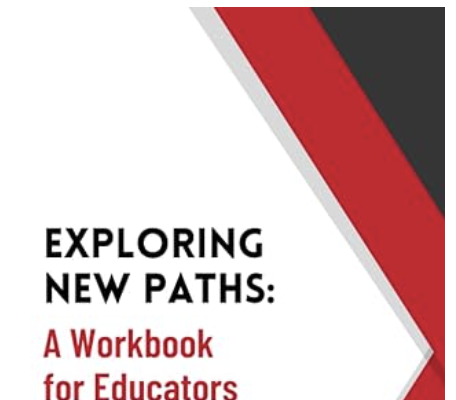
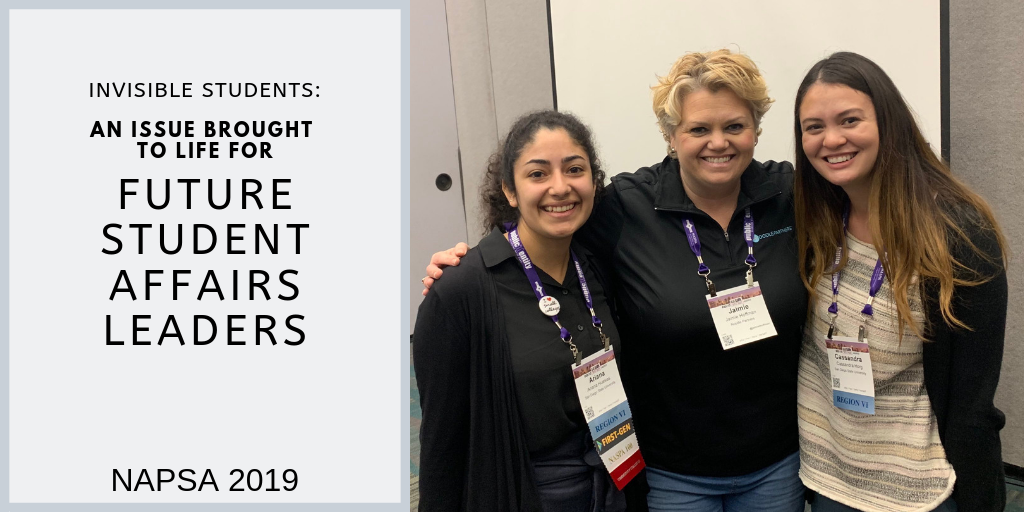
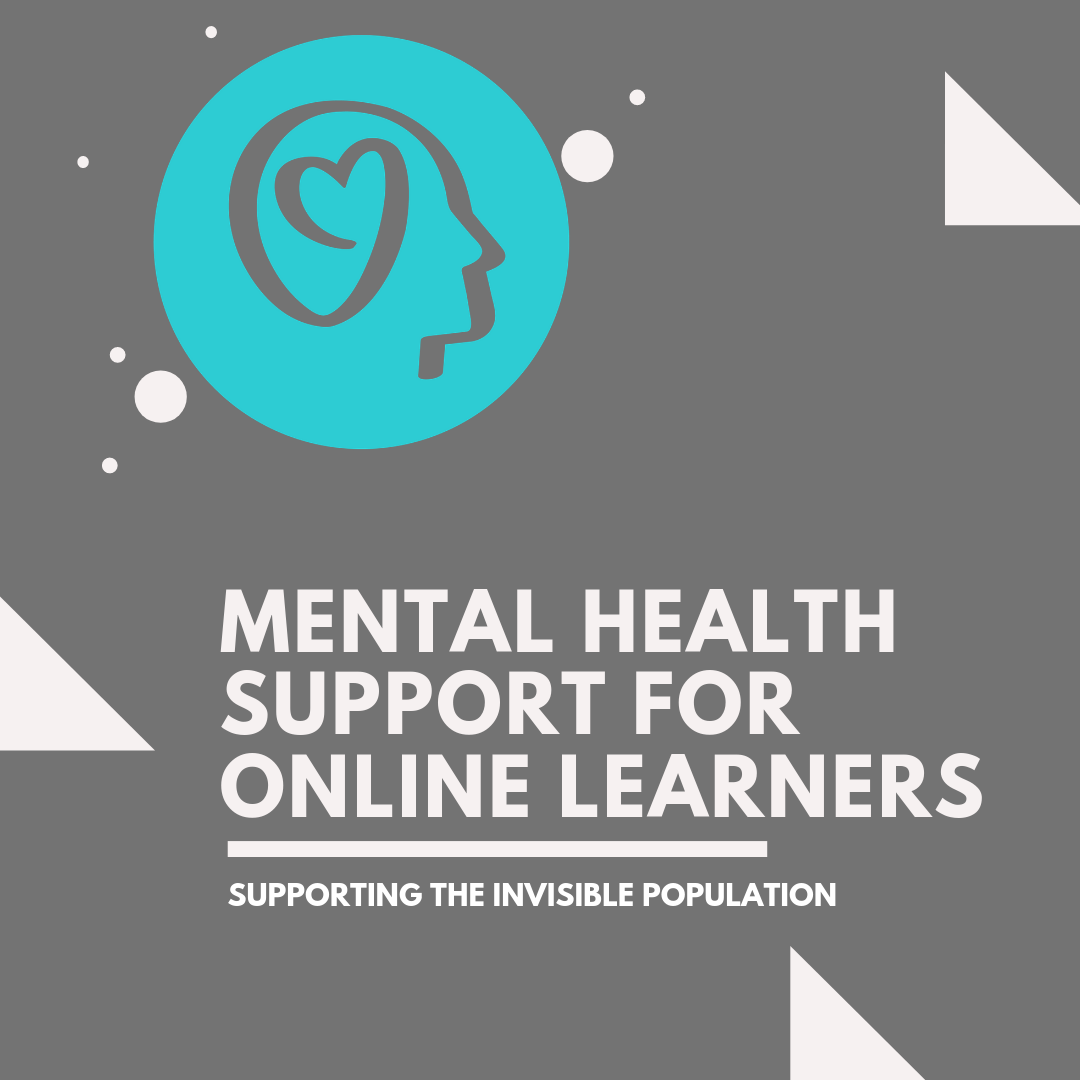


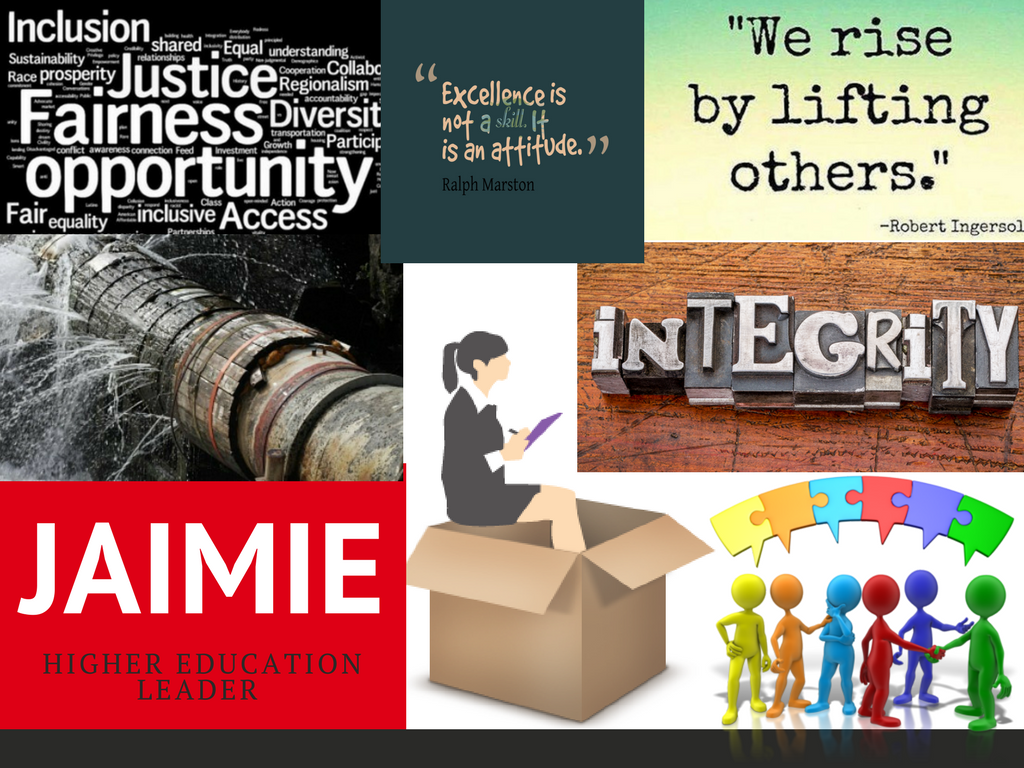
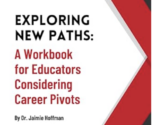
Comments